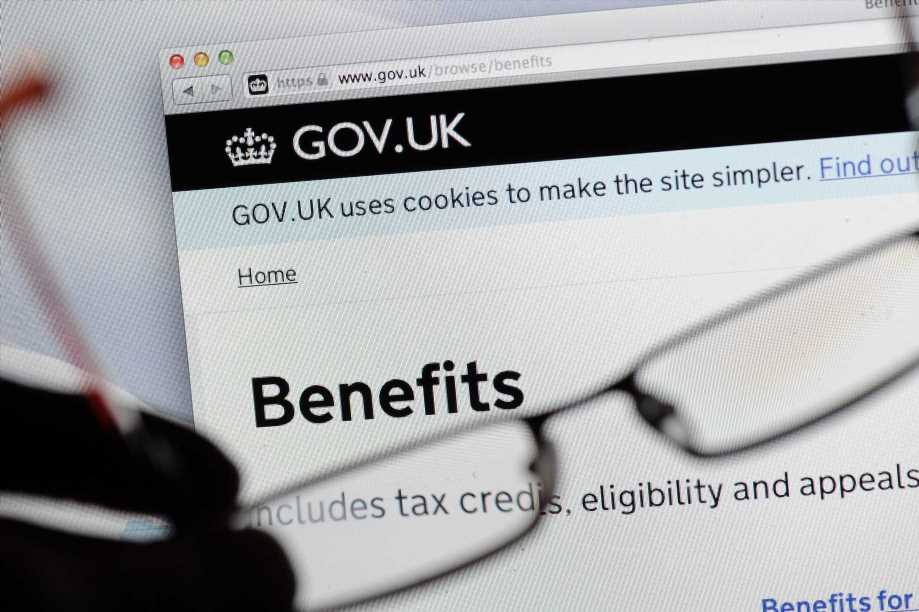MILLIONS of households on benefits will see their payments rise from tomorrow.
Millions will receive a pay boost from April as benefits go up in line with inflation for last September – 10.1%.
This includes the 2million families claiming working tax credit and child tax credit.
Working tax credit is designed to top up your earnings if you work and are on a low income.
The benefit is made up of a series of different elements and the total amount of money you get is calculated from the sum of different rates.
The following payment rates will change tomorrow (April 6) when the 2023/24 tax year officially begins:
Read more in money
Major fashion and homeware retailer launches huge clearance sale before stores shut
Exact code to spot when £301 cost of living payment lands in accounts next month
- The basic element will rise to £2,280 a year – up from £2,070 a year
- The couple and lone parent element will rise to £2,340 a year – up from £2,125 a year
- The 30 hour element will rise to £950 a year – up from £860 a year
- The disabled worker element will rise to £3,685 a year – up from £3,345 a year
- The severe disability element will rise to £1,595 a year – up from £1,445 a year
You'll get the full payments listed above if your household income is £7,455 or below.
If your household income is greater, your tax credit award will be reduced by 41p for every £1 earnt.
The maximum weekly childcare costs you can claim if you receive working tax credit will remain at £175 a week.
Most read in Money
Woman ordered to let neighbour use her driveway to build 2 houses next to her home
Virgin Media STILL down as customers left without internet for over 24 hours
Virgin Media outage causes services to drop for second day – are you owed money?
UK's cheapest supermarket revealed – could you save £20 on your weekly shop?
Child tax credit is a benefit that helps with the costs of raising a child if you're on a low income.
Families on claiming working tax credit can get child tax credits for each child or young person they're responsible for until August 31 after they turn 16, or up to 20 if they're in full-time education.
The following payment rates will change tomorrow (April 6) when the 2023/24 tax year officially begins:
- The child tax credit family element remains unchanged at £545
- The child element will rise to £3,235 a year – up from £2,935 a year
- The disabled child rate will rise to £3,905 a year -up from £3,545 a year
- The severely disabled child rate will rise to £1,575 a year – up from £1,430
You don’t need to be working to claim child tax credits, but if you are you need to earn less than a certain amount.
The amount you can earn depends on your circumstances. HMRC looks at things like:
- the number of hours you work
- how many children you have
- if you’re a single parent
It's important to note that you can't apply for tax credits anymore as they're a legacy benefit and have been replaced by Universal Credit for new claimants.
The only exception is if you currently claim either working tax credit or child tax credit, you can then apply for the other one.
As tax credits are left over from the old welfare system, you can't claim them at the same time as Universal Credit.
Your tax credits will stop if you or your partner apply for Universal Credit, so you should work out which is a better option for your finances before swapping.
Research how tax credits and Universal Credit affect each other before making a decision.
Websites like MoneySavingExpert.com and Turn2us.com have useful calculators to work out if you'll be better off switching to Universal Credit right now.
Even if you don't look to switch straight away more benefit claimants on tax credits will be asked to claim Universal Credit this month.
Migration notices will be sent out to over 500,000 claimants currently in receipt of tax credits.
We've previously written about how managed migration works in practice.
What other benefits get a payment boost?
The following other benefits will have their payments boosted on April 6:
- Universal Credit
- Housing benefit
- Pension credit
- Attendance allowance
- Carer's allowance
- Disability living allowance
- Employment and support allowance
- Job seekers allowance
- Maternity, paternity, adoption and shared paternal pay
- Income support
- State pension
But the exact date and amount that your payment will rise by will vary depending on the type of benefit you receive and when you normally get paid.
For example, if you normally get paid your Universal Credit on the fourth of every month, you won't see the pay boost until May 4.
Read More on The Sun
I was left speechless by my landlords bizarre rent request
Inside the UK’s ‘WORST’ Greggs with overflowing bins – but customers still love it
The increase is designed to help people keep up with rising prices.
We've previously explained how much these benefit payments will rise by in April.
Source: Read Full Article












